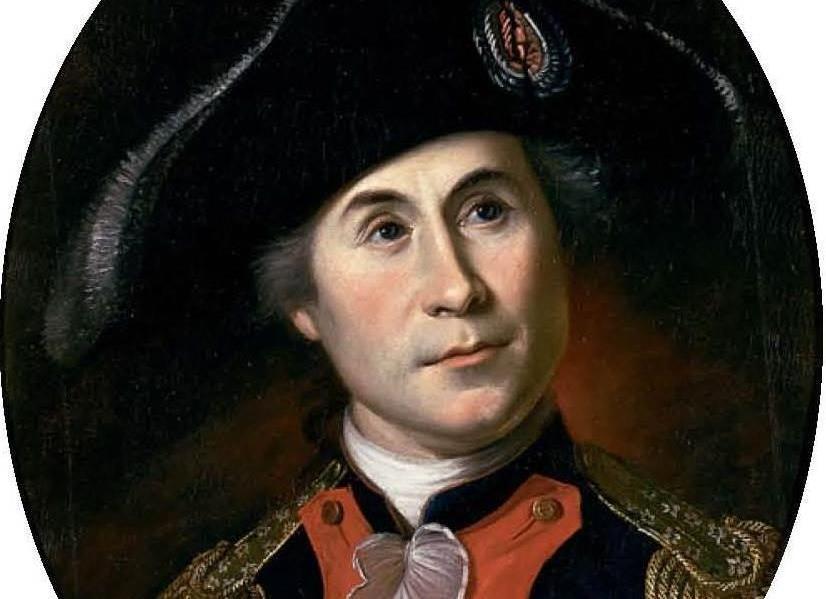Traditionalists of whatever political stripe seem to have given up on winning the culture wars waged over the last five decades or so. The past year in particular has brought setbacks and defeats: the removal or desecration of statues of American heroes, schools erasing the names of some of these same heroes, classics removed from English literature reading lists, and professors and writers attacked for defending the heritage of history and literature.
Pessimists say the war is lost, that we should run up the white flag and acknowledge the reality that the deconstructionists and radicals, having taken control of much of our media, Hollywood, schools, corporations, high tech, and government, have won.






